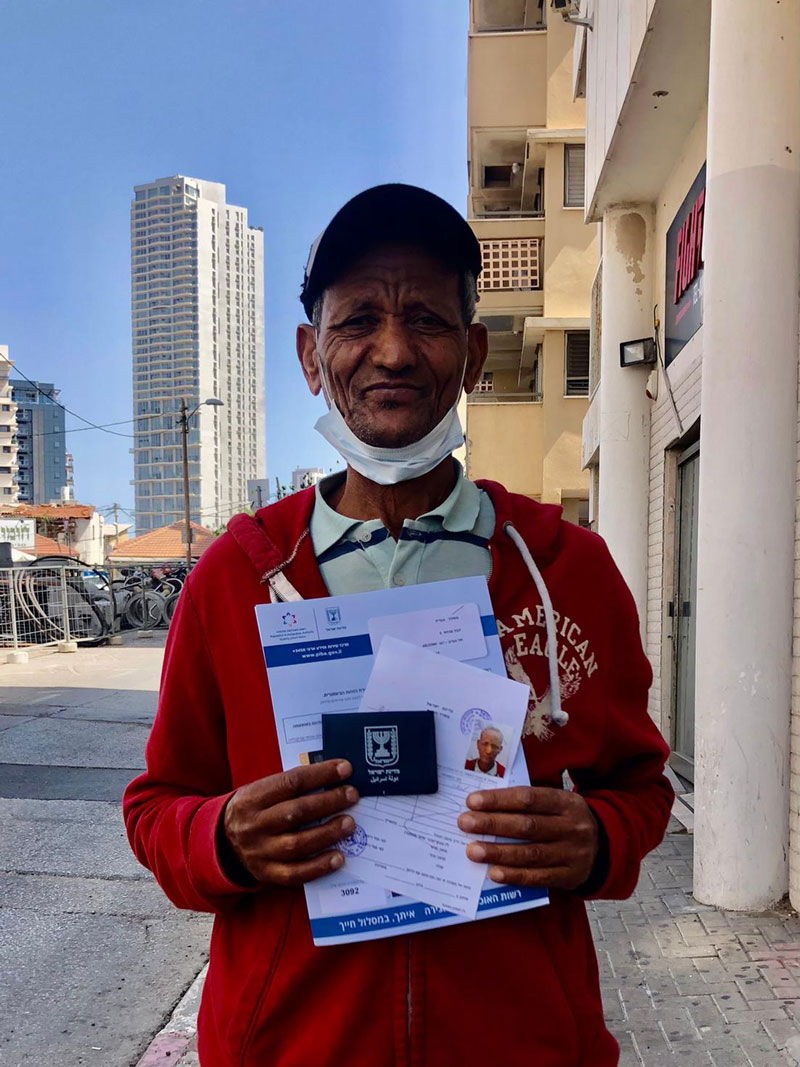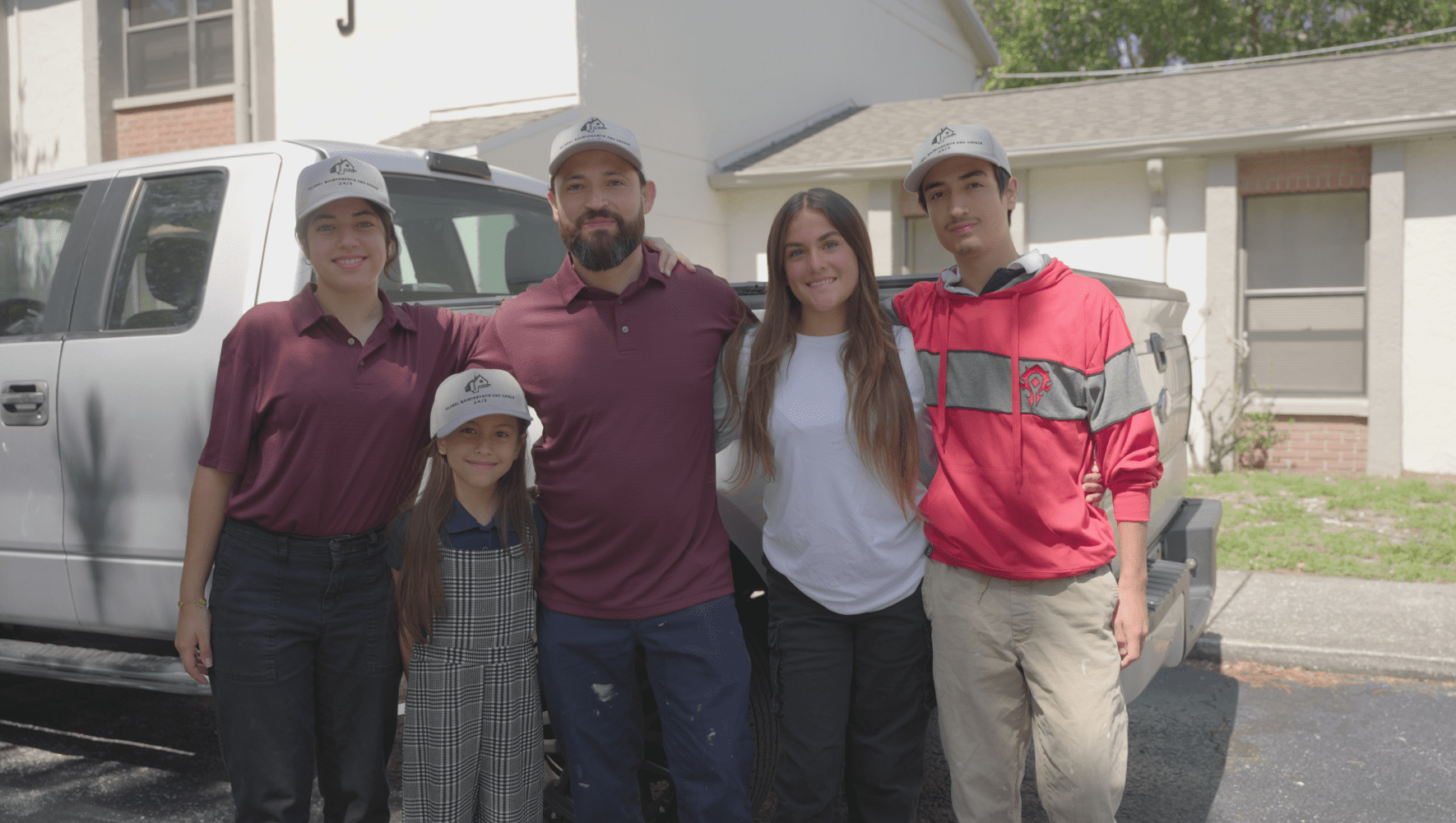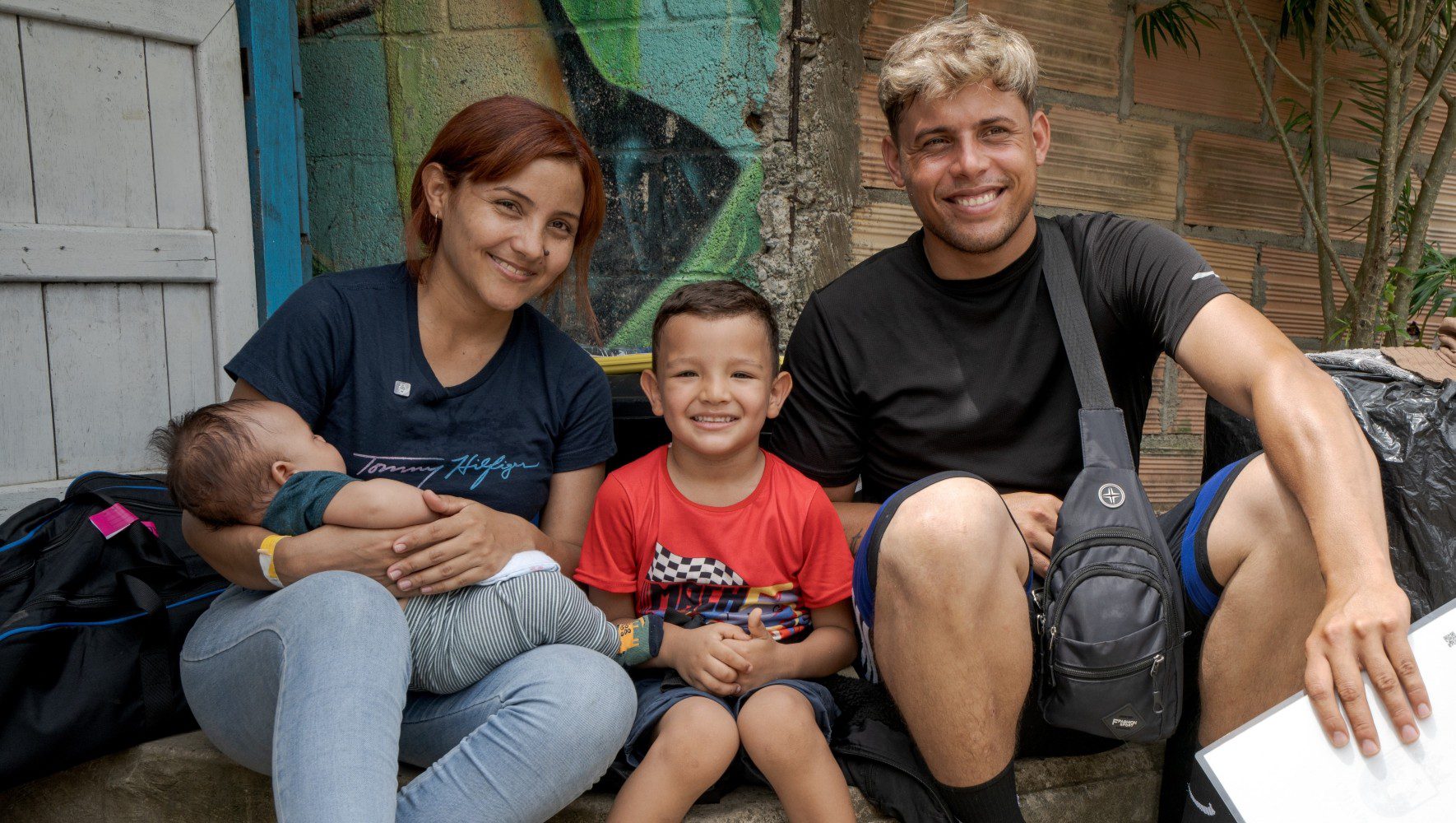Help for Elderly Asylum Seekers in Israel Could Be on the Way
By Sharon Samber, HIAS.org
Jul 16, 2021

M, an elderly asylum seeker living in Tel Aviv, shows his documents. May 2021.
HIAS Israel
In Israel, a 65-year old is petitioning the court for help. "My whole body aches from working long hours. But I have no choice — if I stop working, how will I buy food?"
Most asylum seekers in Israel are from Eritrea or Sudan and have been in the country for about 10 years without any change in their status. Life for these 30,000 people has not improved much since their arrival. And while they are allowed to work, they do not have basic health or legal rights. For elderly asylum seekers, who number about 250, the situation is particularly precarious, as many of them cannot find work because of their age or health.
“Basically asylum seekers in Israel have almost no rights,” said Nimrod Avigal, HIAS Israel’s deputy director and head of legal aid. Their temporary status allows them to work but otherwise affords very few rights or protections. Despite repeated legal filings, asylum requests are routinely ignored by the government, and practically no one is granted refugee status, as shown in a 2020 report by HIAS Israel. Even those who find legal representation and access the court system are simply stuck in limbo.
One HIAS Israel client, D, a 60-year-old who suffers from medical conditions, is relying for help on younger Eritrean asylum seekers who live with him, but says they are tired of hoping to get refugee status in Israel. “If they leave, I will be in the streets," he said.
HIAS Israel decided to try a new approach. In May, it filed a petition at the High Court of Justice against the ministries of interior, health, and labor and social services on behalf of several elderly clients. Instead of asking for a change to their legal status, the petition asks for access to benefits for elderly asylum seekers, without which their lives continue to be endangered. Until now, no one had petitioned on behalf of this vulnerable group in this way.
In a nutshell, this approach says that essential rights should be granted irrespective of legal status. Avigal wants the three ministries to be forced to get together and actually figure out a solution to the issue, granting health rights and welfare benefits even without official recognition. If that happens and the petition is successful, it could open a new pathway for asylum seekers in Israel. Because it doesn’t address legal status, an issue that the courts are reluctant to interfere with, HIAS lawyers are hopeful that the court may be receptive.
Avigal said one of the petitioners currently works 6 days a week — well beyond his physical comfort level — because he feels he has to continue working.
“He said he does not see a future for himself if he doesn’t work,” Avigal said, explaining that without a job the asylum seeker would be left with nothing — no pension, no health benefits.
“Israel is not thinking about the future of these people or of other asylum seekers,” Avigal said.
HIAS Israel works with asylum seekers of all ages and different nationalities (Eritreans, Sudanese, Ethiopians, and Palestinians), focusing on the most vulnerable, such as LGBTQ, victims of torture, and unaccompanied minors. The staff creates a volume of litigation through individual representation, but in this case, though the number of elderly asylum seekers is small, the precedent could effect change, explained HIAS Israel’s country director Sivan Carmel.
“It’s a question of principle here,” Carmel said.
At the moment, with their very limited rights, elderly asylum seekers can get some help from free health clinics, but the assistance is limited. The real issue, and one which is salient to an elderly population, is that the clinics are not there to support preventive care. The consequences can be devastating; one of HIAS Israel’s clients, an elderly woman with diabetes, lost her leg.
Although the government is supposed to respond to the petition by the end of July, it’s likely that there will be delays and that the case will take time. Time is of the essence, though. In the petition the fears of elderly asylum seekers are spelled out plainly: they suffer from pain, worry, poverty, and isolation and many of them are afraid of dying in the street, or growing old alone and without help.



